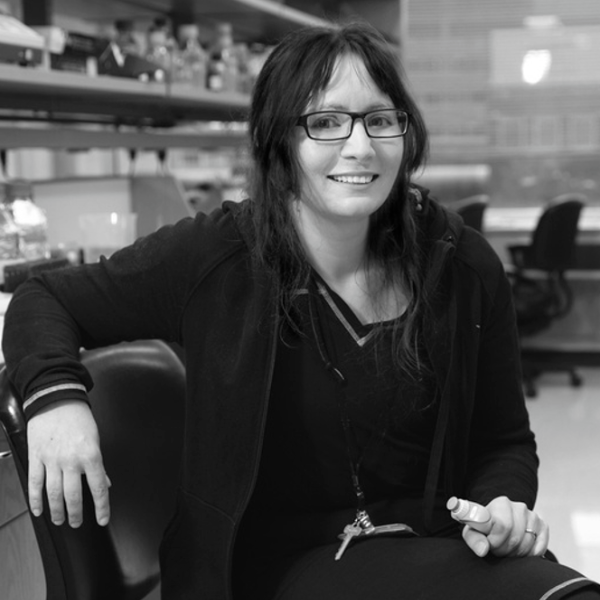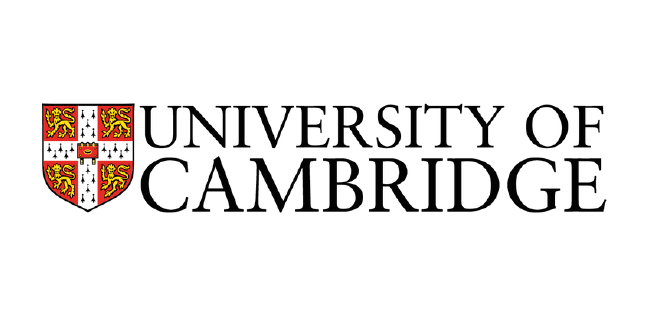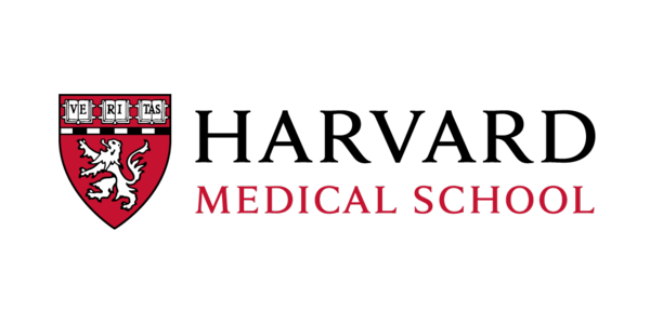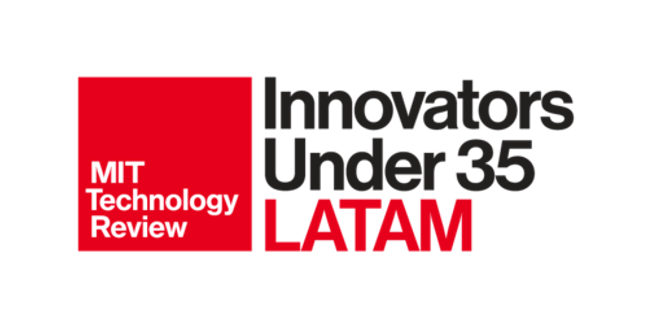Event Introduction
Engineering biology with synthetic cells
Abstract
Synthetic minimal cells are programmable bioreactors with some, but not all functions of live natural cells. Those designable biological systems allow investigation of natural biological processes, investigating genetic pathways on single-cell level, and modelling species and whole population level interactions. With synthetic cells,we can also engineer novel pathways and artificial biological systems, for biotechnology, basic science, space exploration, biosafety and biomedical applications. Our lab works on engineering synthetic cell systems to investigate complex natural processes in a defined, controlled system. We use synthetic cells to mimic natural biology, and to build new functionalities and novel biochemical parts, making tools for metabolic engineering, space biology, drug development and biosensing.
About the speaker
Kate Adamala is a biochemist engineering synthetic cells. Her research aims at understanding chemical principles of biology, using artificial cells to create new tools for bioengineering, drug development, and basic research. The interests of the lab span questions from the origin and earliest evolution of life, using synthetic biology to colonize space, to the future of biotechnology and medicine. Kate is a co-founder of the synthetic cell therapeutics startup Synlife, and coordinator of the Build-a-Cell synthetic cell community. Lab info protobiology.org
The Leads
Speakers and Invites

Prof. Kate Adamala
.







